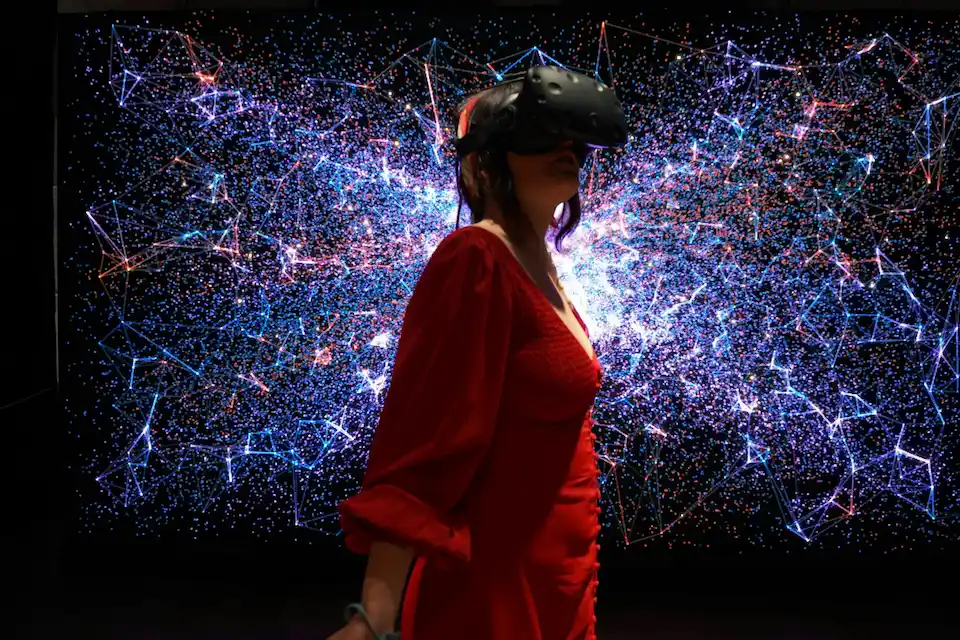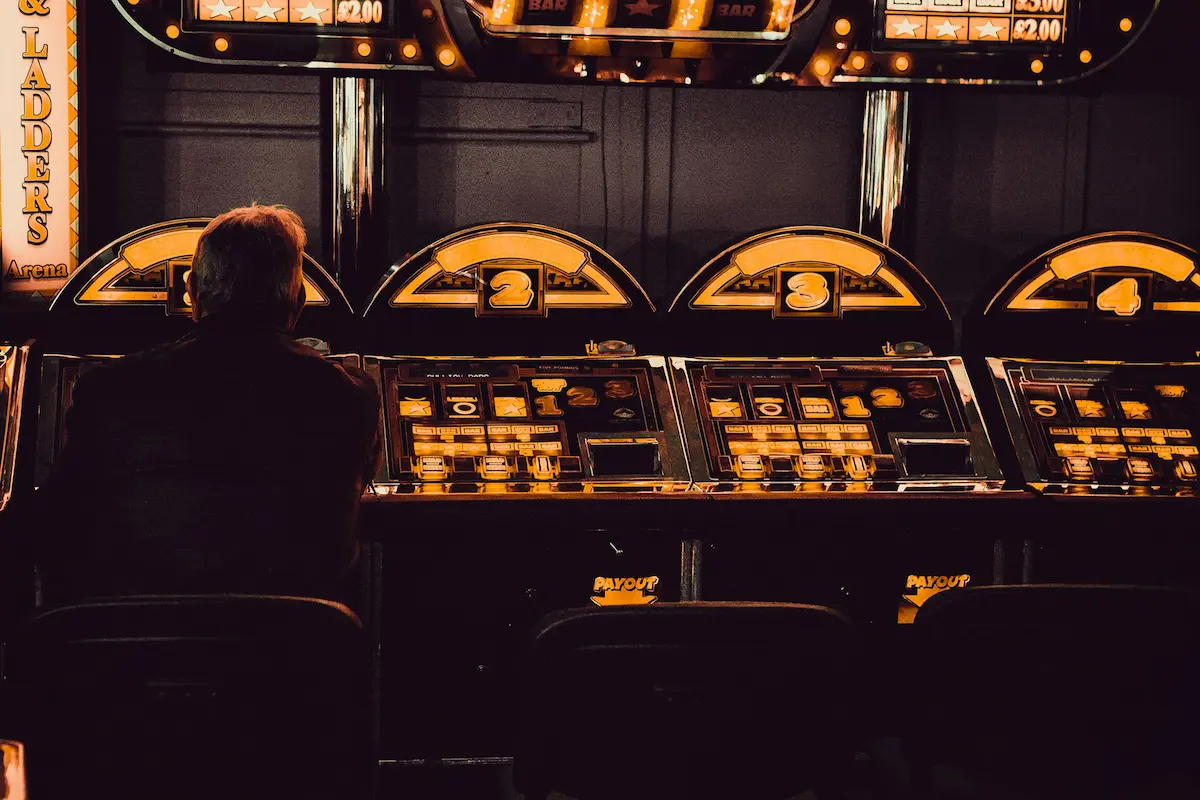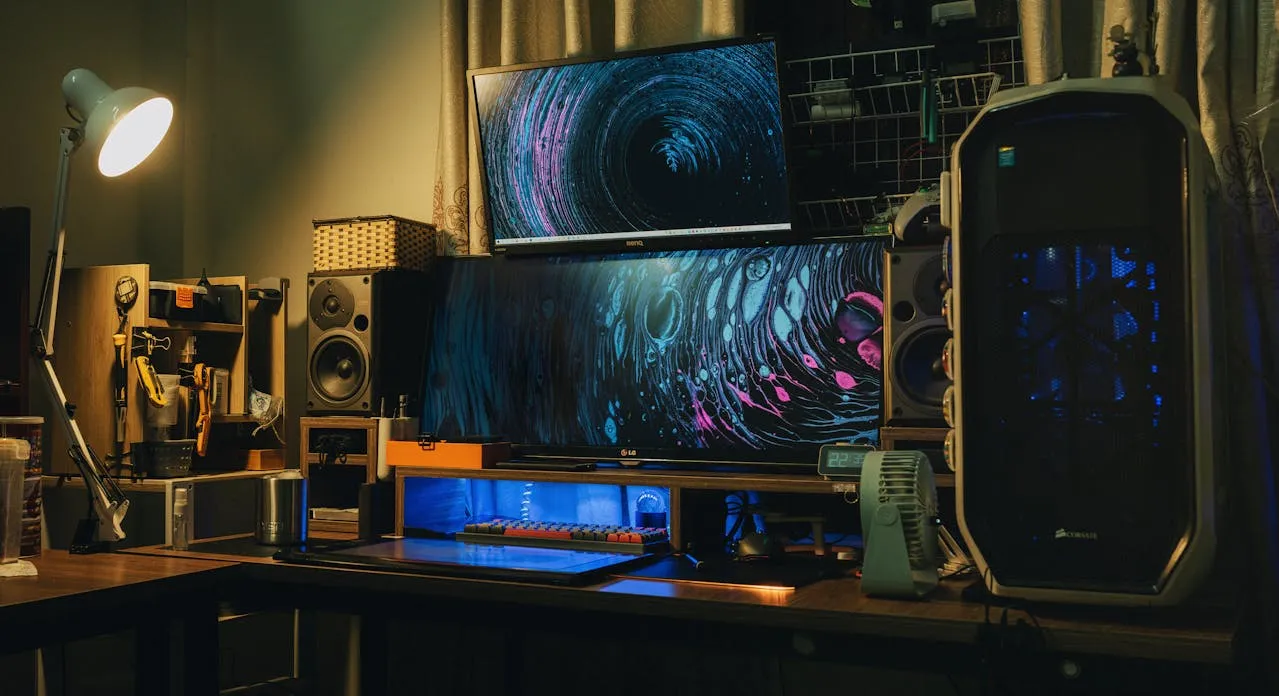Virtual Reality Casinos: Hype or the Next Big Thing?



The world of online entertainment evolves faster than most people can keep up with, and one of the boldest experiments on the horizon is the rise of virtual reality (VR) casinos. These platforms promise to blur the line between digital gaming and real-life casino experiences in ways that traditional online casinos never could. Instead of simply clicking on a screen to place a bet, VR casinos immerse players in fully 3D-rendered environments where they can interact with virtual dealers, fellow players, and even the gaming tables themselves. This innovative technology aims to combine the thrill of live casinos with the convenience of online gaming, making the experience feel more authentic and interactive than ever before.

But the key question remains: are VR casinos just a flashy trend, or do they represent the future of how we’ll gamble and socialize online? The hype around VR casinos is undeniably growing as new platforms showcase their cutting-edge features, and names like Rocket Riches Casino are beginning to experiment with these immersive technologies. While it’s clear that VR casinos offer something fresh and exciting, their widespread adoption will depend on overcoming barriers like hardware limitations and regulatory challenges. For now, VR casinos seem to be a novelty, but they could soon be the next big thing if technology and accessibility improve.
What Are Virtual Reality Casinos?
At their core, VR casinos are immersive environments built using virtual reality technology. Instead of simply clicking on a screen, players put on a VR headset and step inside a 3D-rendered casino where they can walk around, interact with tables, and even chat with other players or live dealers. It’s an attempt to recreate the physical casino atmosphere without leaving home.
The concept is ambitious because it goes far beyond spinning digital reels or placing bets on a website. VR casinos aim to deliver realism—whether that’s the sound of chips clinking, the movement of avatars, or the buzz of conversation echoing in the background.
Why People Are Excited About VR Casinos
The hype around VR casinos isn’t just marketing fluff. There are genuine reasons why people see potential in this space:
- Immersive social experience: Traditional online casinos can feel solitary. VR adds a social layer, letting players interact with others in real time.
- Realistic environments: Walking up to a poker table or pulling a virtual slot lever feels more authentic than tapping on a phone screen.
- Cutting-edge innovation: For tech enthusiasts, VR casinos are exciting simply because they push boundaries.
- Potential for personalization: VR worlds can be tailored to a player’s preferences, from the look of the casino floor to the style of avatars.
For younger audiences already comfortable with online games like Fortnite or Roblox, the jump to VR casinos may not feel far-fetched. They’re already used to spending time in digital spaces that blend entertainment, socializing, and competition.
The Challenges Holding VR Casinos Back
Of course, hype alone doesn’t guarantee mainstream success. Virtual reality casinos face a list of hurdles:
- Hardware adoption: VR headsets are still relatively expensive, and not everyone owns one. For a casino operator, that’s a big barrier to entry.
- Technical limitations: Smooth VR experiences require strong internet connections and powerful devices. Not every player has access to that setup.
- Regulatory uncertainty: Gambling regulations already vary by region. Adding VR technology complicates questions around licensing, security, and fairness.
- User comfort: Not everyone enjoys wearing a headset for long periods. Motion sickness is also a common issue with VR.
- Content depth: A few poker tables and slot machines may not be enough to keep players engaged compared to established online platforms.
These obstacles suggest that VR casinos may not replace standard online casinos anytime soon. Instead, they may develop as a niche offering for early adopters.
Comparing VR Casinos to Online and Land-Based Casinos
One way to look at VR casinos is as the middle ground between traditional casinos and online platforms:
- Land-based casinos: Offer atmosphere, luxury, and social interactions. But they require travel and expenses.
- Online casinos: Convenient, accessible, and often packed with game options. However, they lack immersion and human connection.
- VR casinos: Promise immersion and social interaction without leaving home—but currently limited by accessibility and technology.
For many players, the decision will come down to convenience. If virtual reality can eventually become as simple as opening an app, then it has a shot at mainstream adoption.
What the Future Could Look Like
It’s not hard to imagine VR casinos evolving into full entertainment hubs. Instead of just blackjack and roulette, players might attend concerts, sports screenings, or comedy shows—all within the same VR casino environment. Brands could create exclusive experiences, offering virtual lounges or themed casino floors that wouldn’t even be possible in the real world.
Another possibility is integration with augmented reality (AR). Players could mix physical environments with digital casino features, making the experience more accessible to those who don’t want to spend hours fully immersed in VR.
So—Hype or the Next Big Thing?
The honest answer is: a bit of both. Virtual reality casinos are hyped because they represent a fresh, futuristic concept. The technology exists, and the potential is real. But at the same time, mass adoption depends on factors outside the gambling industry’s control—like hardware affordability, internet infrastructure, and regulatory clarity.
In the near future, VR casinos will likely remain a niche market, appealing to tech-savvy players who enjoy novelty and immersion. But as technology matures and VR headsets become as common as smartphones, the line between online gaming and physical experiences may disappear altogether. At that point, VR casinos could shift from “hype” to “the next big thing.”



